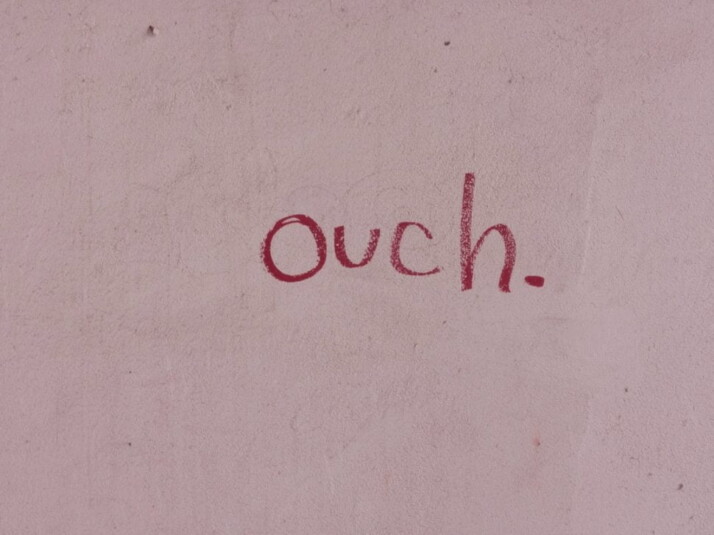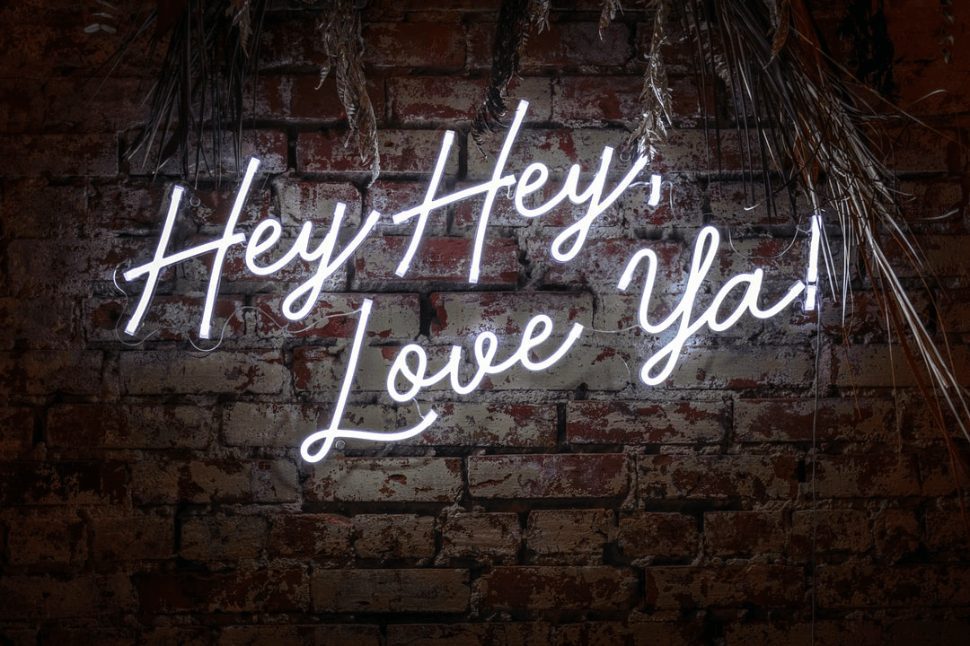Interjections are usually set apart from the rest of the sentence with punctuation marks. So it’s good to understand which punctuation goes with which interjection. This article discusses interjection punctuation and how to punctuate interjections correctly.
What are Interjections?
Interjections are words that express emotions, feelings, or reactions more directly than the sentences around them. They are a way to make the conversation more powerful. Interjections help to crystallize a more subtle idea and bridge any conversation gaps.
Interjections are words that break the flow of a sentence. They usually fall outside the dialogue and can be about anything from surprise, shock, anger, agitation, impatience, or pain. They have no grammatical functions in a sentence.
Interjections are common in spoken rather than written language. When used in writing, they appear in informal writing and are rare in formal or academic writing. They commonly occur at the beginning of a sentence/dialogue but can also appear in the middle or end.
Examples of Interjections are: whoa, bravo, aha, eh, good grief, oh dear, oops, ouch, phew, rats, ugh, Yippee, yuck, yeah, yes, wow.
- Wow! Your dress is beautiful.
- I hurt my finger, ouch!
- I skipped lunch, and now I’m starving poor me.
- Oops! I left the lid off the ketchup.
- Good grief! I’m late for the exam.
- The new school rule sounds great, eh?
- You did the job so well, bravo!
- Oh, you brought me gifts.
- Phew, I almost ran into that building!

Interjection Punctuation: Tips
Understanding when to use a particular interjection will help you decide the appropriate punctuation that follows. The commonly used punctuations for interjections are the comma and exclamation marks. The period and question marks can also be used for punctuating interjections, although not so common.
Interjections that express mild emotions are punctuated with a comma or a period. Exclamation marks are typically used for interjections that express stronger feelings. They set off more forceful utterances. The question mark is used when the interjection poses a question that requires an answer from the listener.
Strong interjections can also be punctuated by introducing a comma after the interjection, and an exclamation mark at the end of the sentence.
Punctuating Interjections: Examples in Sentences
- I don’t want to hear it, no, no!
- Yippee, we won the spelling competition!
- Good grief! What happened to your car?
- Ottawa is the capital of …er… Toronto.
- That watch looks expensive, eh?
- Oh, dear! I’m sorry for your loss.
- Wow, your parents are adorable!
- Grrr. I’ll get back to you about this.
- Humph. She probably stole that watch to show off.
- Hey, what’s going on with you?
- Oops, sorry about that.
- Oh, I’d like a hot dog, please.

To Wrap Up
Interjections are part of everyday language. They have no grammatical function in sentences but are typically used to express emotions or feelings. Commas and exclamation points punctuate and set off interjections from the rest of the sentence.
Use this tip if you’re not sure which punctuation to use. An exclamation mark will do if you need to add emphasis or convey strong emotion. If you want to express a mild feeling, use a comma.
Explore All Punctuation Articles
The Semicolon: Basic Guide to Effective Usage
The semicolon (;) is a punctuation mark. In English, a semicolon typically indicates that two related independent clauses follow without…
Placement of Periods: Before or After Quotations
Punctuation rules used with quotations are sometimes difficult to remember as there are only slight differences. Whether to place punctuation…
Quotation Marks: a Unique Guide of Its Use in Writing
When writing, you have to be watchful of the punctuation marks you used to convey a clear message. One type…
How to List Questions in a Sentence: A Short Guide
You might have encountered writing a sentence filled with a series of questions, but you don’t know to enumerate them.…
English Symbols: A List of Punctuation Marks and Uses
English requires you to have enough knowledge in using basic English Symbols. Alongside an effective conveyance of your main idea,…
Do You Capitalize After an Ellipsis?
The use of ellipsis isn’t common thing regular writers do. You may sometimes ask yourself, do you capitalize after an…
